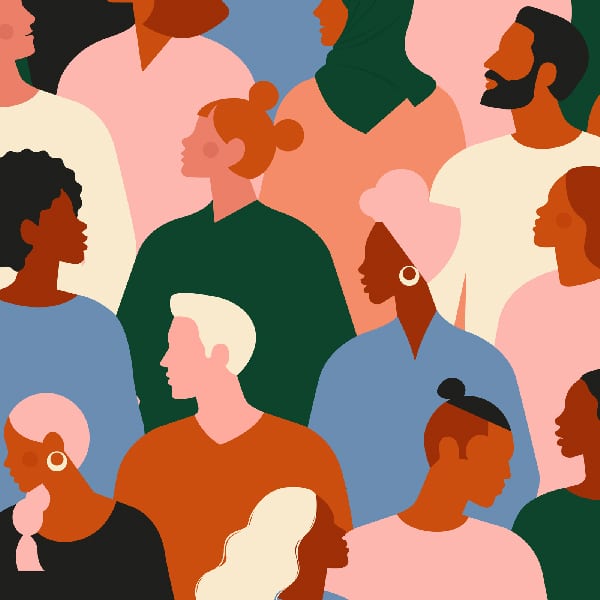June provides an opportune time to discuss and reflect on the significance of justice, equity, diversity, and inclusion (J.E.D.I.) in both professional and personal realms. This importance is particularly amplified by the presence of significant holidays and observances in June, namely Juneteenth and Pride Month.
These occasions symbolize hard-fought triumphs for J.E.D.I. principles in the United States. Juneteenth, established as a federal holiday just two years ago in 2021, commemorates the emancipation of enslaved African Americans on June 19th each year. Meanwhile, Pride Month pays homage to the Stonewall Riots of 1969 and also commemorates the groundbreaking decision by the U.S. Supreme Court in Obergefell v. Hodges, which legalized same-sex marriage nationwide on June 26, 2015.
For advertising professionals, comprehending the ongoing objectives of J.E.D.I. initiatives is paramount for serving clients and promoting more just, equitable, diverse, and inclusive messaging within the industry. As creatives, the historical significance and present-day impact of J.E.D.I. initiatives can serve as a wellspring of inspiration in cultivating a more inclusive and forward-thinking creative culture.
So, what exactly does J.E.D.I. encompass, and why is it impactful in creative culture?
J.E.D.I. comprises four essential components: justice, equity, diversity, and inclusion.
Justice entails addressing systemic injustices, advocating for fairness, and ensuring equal rights and opportunities for all individuals.
Equity focuses on rectifying historical disparities by providing resources and support to marginalized groups, aiming to create a level playing field.
Diversity emphasizes the importance of embracing and celebrating differences in race, ethnicity, gender, sexual orientation, age, abilities, and other identities, recognizing that diverse perspectives fuel creativity and innovation.
Inclusion goes beyond representation and actively involves creating an environment where everyone feels valued, respected, and empowered to contribute their unique insights and experiences.
By understanding and integrating these components, organizations can foster a culture that promotes social justice, equal opportunities, and an inclusive community where every individual can thrive.
Delivering on J.E.D.I. principles looks different in every field. In creative professions, particularly in client-facing roles like marketing and advertising, it could mean actively seeking out diverse perspectives and voices when developing campaigns, ensuring that the content reflects the experiences and identities of a broad range of individuals. It may also involve collaborating with diverse talent in the creative process, including writers, designers, and photographers from underrepresented backgrounds. Additionally, incorporating inclusive language, imagery, and narratives can help challenge stereotypes and create a more inclusive message.
Building relationships with diverse communities and partnering with organizations that promote J.E.D.I. values can further enhance the impact of creative work and contribute to positive social change. Ultimately, delivering on J.E.D.I. principles in creative fields requires a proactive commitment to fostering inclusivity, challenging biases, and creating content that authentically represents the diversity of the audience it serves.
Embracing the principles of justice, equity, diversity, and inclusion (J.E.D.I.) holds immense significance for creative inspiration and cultivating a vibrant creative culture. Juneteenth and Pride Month serve as powerful reminders of the progress made in achieving J.E.D.I. objectives, and serve as upcoming opportunities for creative professionals to continue advocating for equality and acceptance. Through inclusive content creation, collaboration with diverse talents, and actively challenging stereotypes, we can shape a more inclusive and forward-thinking creative industry.
